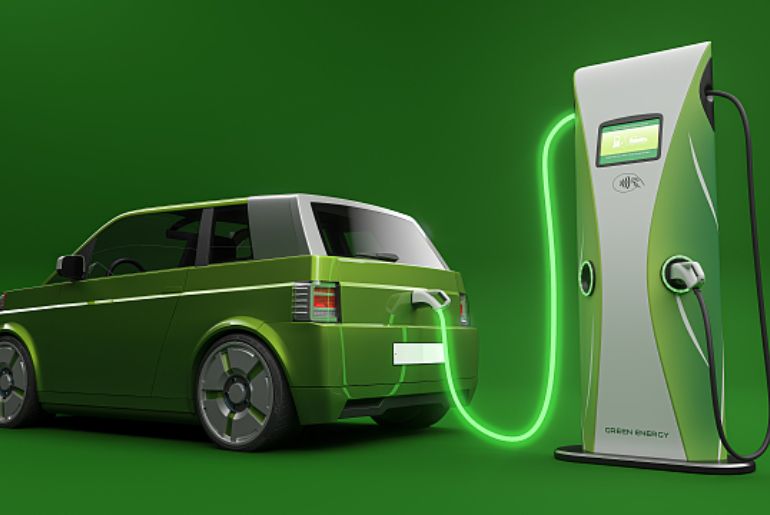EVs are often promoted as a cleaner alternative to traditional gasoline and diesel vehicles. But are they really more environmentally friendly throughout their life cycle? Let’s take a look at the facts to determine how EVs really impact the environment compared to traditional vehicles.
1. Emissions During Vehicle Use
The absence of tailpipe emissions by EVs is one of their largest advantages. What this means is that when they are on the road, they do not emit any polluting gases such as particulate matter, nitrogen oxides, or carbon dioxide (CO₂). Traditional cars, however, emit toxic pollutants, worsening air pollution and climate change.
The environmental advantages of EVs depend, however, on where their electricity is sourced. EVs leave a much smaller carbon footprint in regions where electricity is generated from renewable sources such as wind or solar. EVs still release fewer emissions throughout their lifespan than gasoline or diesel cars, even in locations where energy is produced from fossil fuels. For instance, EVs in Europe produce over three times the CO₂ of equivalent gasoline-fueled cars.
2. Emissions from Manufacturing
To make traditional cars, the energy required is more, and so is the input of materials when compared to manufacturing EVs. More early emissions are the result of this. Due to the lower emissions during use, these emissions are paid back later. The “carbon debt” of manufacturing an EV is usually settled within two years of operation.
3. Battery Production and Recycling
Materials such as nickel, cobalt, and lithium are required in EV batteries. Habitat destruction and pollution are merely two of the adverse social and environmental impacts of mining these materials. Additionally, a great amount of energy is used to manufacture batteries.
EV battery recycling is critical to mitigating these impacts. Recycling levels are low at the moment, but this is expected to improve as recycling technology develops and sustainable practices become more widespread. Effective recycling can reduce EVs’ overall environmental footprint as well as the need for new raw materials.
4. Energy Efficiency
In comparison to conventional vehicles, EVs consume less energy. While internal combustion engines can convert only about 15-20% of the energy from fuel into motion, electric motors can convert more than 77% of electrical energy into motion. Due to their efficiency, EVs consume less energy to travel the same distance, which helps decrease emissions as a whole.
5. Air Quality and Health Benefits
Most significantly in urban areas, EVs make air quality better by eliminating tailpipe emissions. Improved public health, including reduced respiratory ailments and cardiovascular diseases, results from fewer air pollutants. This improvement in public health is a significant advantage of adopting electric mobility.
6. Challenges and Considerations
While EVs offer environmental benefits, challenges remain:
Source of Electricity: EVs produce a larger environment footprint when electricity to power them comes from renewable energy sources.
Recycling Batteries: In order to alleviate environment impact, efficient recycling methods have to be formulated.
Mining of Resources: To minimize ecological and social footprint, responsible mining of battery materials has to be ensured.
Conclusion
Overall, electric cars are cleaner than conventional gasoline or diesel cars, particularly when considering their entire life cycle. Battery production and generating electricity both play a role in the environment, but overall emissions from EVs are reduced, particularly as the energy infrastructure becomes cleaner. Electric vehicle sustainability will also be enhanced by continuing advancements in recycling, battery technology, and renewable power.

